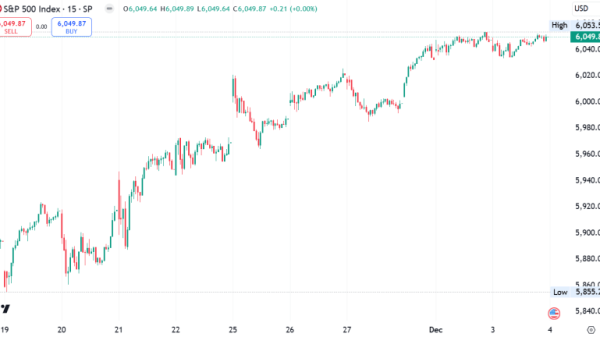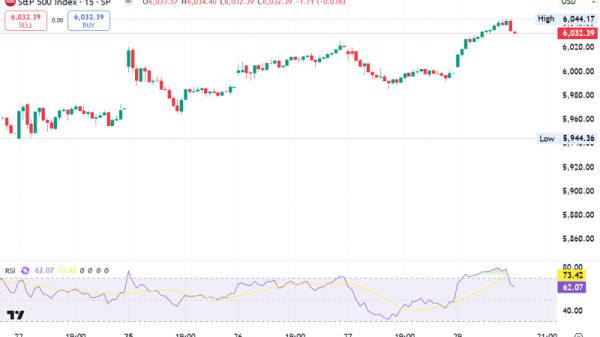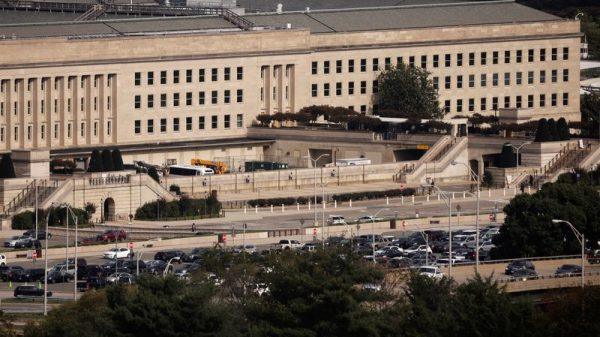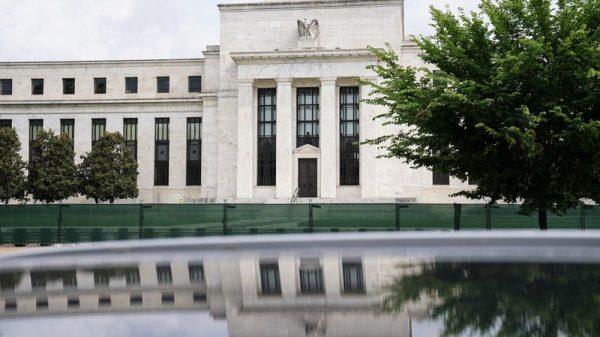WASHINGTON (Reuters) – U.S. existing home sales dropped to a 14-year low in September, likely as prospective buyers held out for lower mortgage rates, with house prices remaining elevated.
Home sales fell 1.0% last month to a seasonally adjusted annual rate of 3.84 million units, the lowest level since October 2010, the National Association of Realtors said on Wednesday. Economists polled by Reuters had forecast home resales would be unchanged at a rate of 3.86 million units.
Home resales, which account for a large portion of U.S. housing sales, decreased 3.5% on a year-on-year basis in September. Home resales have struggled to rebound after being depressed by a surge in mortgage rates in the spring.
Mortgage rates initially dropped after the Federal Reserve began cutting interest rates last month, but they have risen over the past three weeks as solid economic data, including retail sales and annual revisions to national accounts, forced traders to abandon expectations for another 50-basis-point rate cut next month. Potential homebuyers are remaining on the sidelines anticipating even lower borrowing costs.
The NAR speculated that the upcoming Nov. 5 U.S. presidential election could be making prospective homeowners hesitant to commit themselves. There is, however, no hard evidence that the election is influencing buying decisions.
“There are more inventory choices for consumers, lower mortgage rates than a year ago and continued job additions to the economy,” said Lawrence Yun, the NAR’s chief economist. “Perhaps, some consumers are hesitating about moving forward with a major expenditure like purchasing a home before the upcoming election.”
Housing inventory increased 1.5% to 1.39 million units last month, the highest since October 2020. Supply surged 23.0% from one year ago.
Despite the improving supply, the median existing home price increased 3.0% from a year earlier to $404,500 in September. Home prices rose in all four regions.
At September’s sales pace, it would take 4.3 months to exhaust the current inventory of existing homes, the highest since May 2020 and up from 3.4 months a year ago. A four-to-seven-month supply is viewed as a healthy balance between supply and demand.
Properties typically stayed on the market for 28 days in September compared to 21 days a year ago. First-time buyers accounted for 26% of sales versus 27% a year ago.
That share remains below the 40% that economists and realtors say is needed for a robust housing market.
All-cash sales made up 30% of transactions, up from 29% a year ago. Distressed sales, including foreclosures, represented only 2% of transactions, virtually unchanged from last year.




































